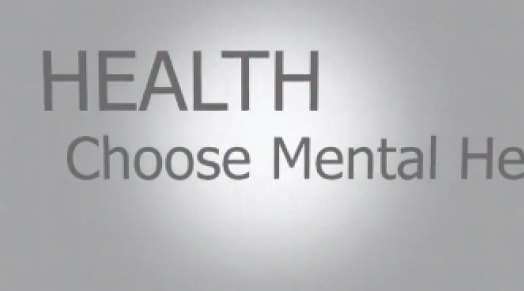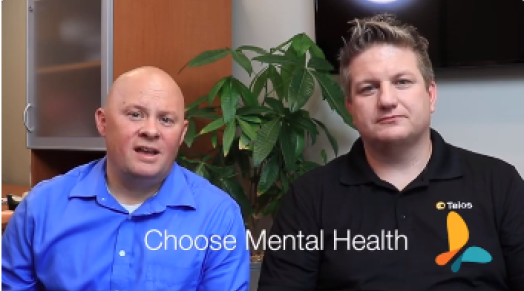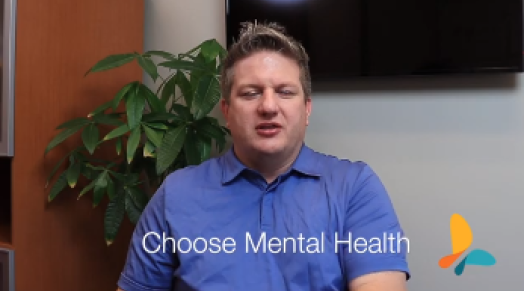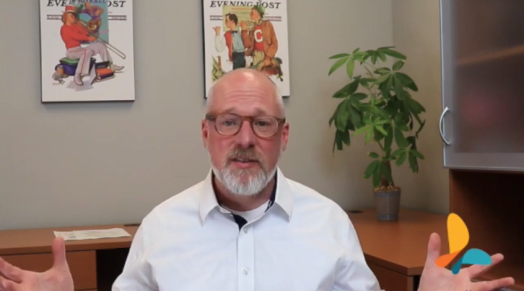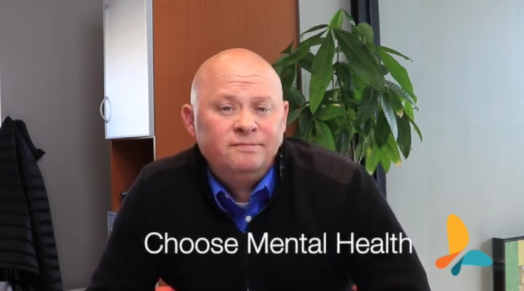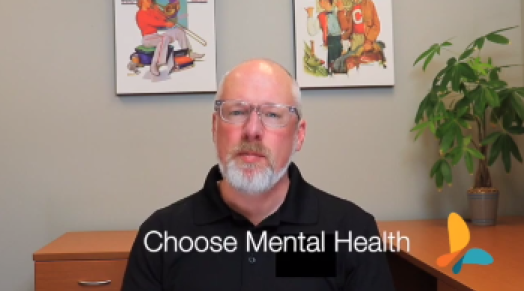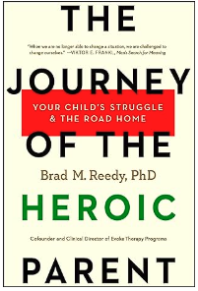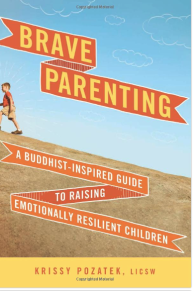Videos
Podcasts
Articles
Books
FAQs
Trauma of any kind is very serious. This can be self-inflicted or inflicted. Both should be treated with extremely good therapists who specialize in trauma informed therapy. EMDR Certification is a key beginning when searching for a therapist and they should have many years of full-time practice as well.
VIDEOS
BOOKS
Heartwounds by Tian Dayton, PhD
Surviving Childhood Sexual Abuse by Carolyn Ainscough and Kay Toon
Anxiety has many names. Stress, scared, worried, tense but these are not all bad. Debilitating anxiety is bad and there are many things that can be done. Among the greatest is exercise that achieves an elevated heart rate for 30–60 minutes each day. Exercise is so powerful that consistent exercise nearly always brings down dramatically the need for meds.
Also see video:
Possibly. Dealing with divorce often destabilizes children. Children take divorce personally and feel at fault. Another common pit to avoid is confiding in your children about how bad your spouse is. To children, their mother or father don’t have faults so to thrust the idea that one of them is terrible, cheater, liar, “unfit to live” causes terrible conflict in children’s foundational core and tears at the fabric of a once safe family unit.
VIDEO: Helping Children Deal with Divorce
BOOKS:
Divorce Is Not the End of the World: Zoe's and Evan's Coping Guide for Kids
Children who miss social cues or other common social interactions may need help with executive function. It is a common problem and may also be a sign of bigger needs. Testing done in most schools by psychologists can begin the process.
A parent’s approach to helping a rigid child is key to mitigating the problem. Make sure you are solving the right problem. See video: Oppositionality vs. Rigidity
Not necessarily. Some children just need school to come slower and be explained better. If your child is a processing child they may need more help than normal. If your child has ADHD they may just need medication to help them focus. A high sugar and/or high fructose diet may be contributing to the problem. Little or no exercise may also be a large factor.
There are therapeutic providers who only focus on blended family needs. [See referral process] [dealing with divorce], [balance relationships]
Providing the support that children need to build these [Executive Function] skills at home, in early care and education programs and in other settings they experience regularly, is one of society’s most important responsibilities. Growth-promoting environments provide children with “scaffolding” that helps them practice necessary skills before they must perform them alone. Adults can facilitate the development of a child’s executive function skills by establishing routines, modeling social behavior, and creating and maintaining supportive, reliable relationships. [developingchild.harvard.edu]
-
Time management
-
Organization
-
Initiation and Completion
-
Attention
-
Metacognition
-
Flexibility and Shifting
-
Working Memory
-
Resilience
Lifestyle examples are powerful. Consider exercising, turning off the news, stop social media, go on a drive vs home with TV.
Currently Choose Mental Health does not provide local referrals. However we do offer tips on how to best select a provider in your local market. See Finding A Local Therapist
We recommend getting a professional diagnosis and go from there.
